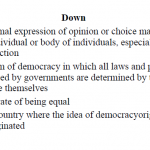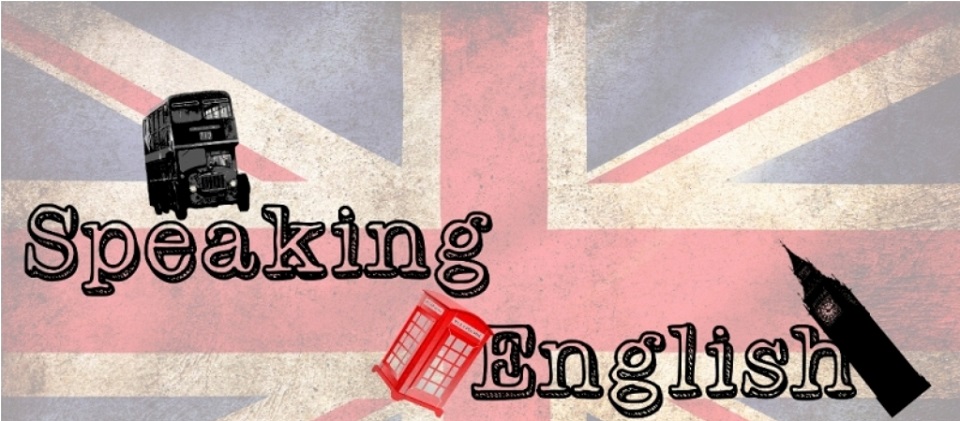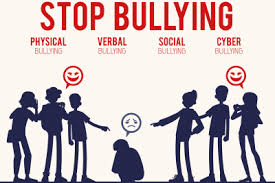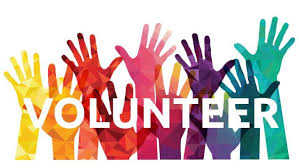This article presents the project work made by students of our school that this school year have been Junior Ambassadors in the «European Parliament School Ambassadors» programme.

What makes the EU stand out?
By Philip Antonopoulos (C Class)
The European Union upholds certain key values. These values are a substantial part of the European way of life. For this reason, they are promoted in each member-state and guide all decisions made. A major part of the EUs outreach to the community is espousing these ideals, thereby creating a united Europe.
The first chapter of EU values relates to the governing system. To begin with, one of the aforementioned values and one of paramount importance is democracy. After all, a democratic polity is one of the criteria that must be met so as a country be considered for European membership. More specifically, this strong commitment to democracy is at the core of all things European and may be what makes the EU unique in the world. Moving on, another essential ideal that radiates throughout EU life and politics is human dignity. In Europe, human dignity is an inviolable axiom, which has to be respected, safeguarded, and which constitutes the basis of all rights. Moreover, a direct result of human dignity is freedom. In the EU freedom is very prominent, because of the freedom of movement through member states; other freedoms that every EU citizen has are those of thought, religion, assembly and private life; all of which are protected by the EU Charter of Fundamental Rights (EUCFR). Lastly, the rule of law, a further EU value, is the groundwork for all decisions made.
Another chapter of values is that of human rights and equality. To begin with, equality is a fundamental EU ideal. The EUCFR states clearly that every person has equal rights and is equal before the law. All types of equality (e.g., racial, gender) are represented in EU law. Although in the racial and gender cases, total equality does not exist, great strides have been made in recent years. Furthermore, human rights, a subject that greatly concerns Greece (Migratory Crisis), are also one of the EUs principal goals. The EU is one of the few systems in the world that gives so much gravitas to human rights; for example, the GDPR (General Data Protection Regulation) law-scheme and the help given to Greece during the migratory crisis among others. Another example of the importance given to human rights is the European Court of Human Rights, which guarantees that the member-states follow this EU goal. Thus, it is evident that the EU project holds a great many ideals that define our modern society and that every country in the current era should possess.
To conclude, the EU is a haven for all its citizens as it promotes freedom and social equity, but it still falls behind on some matters. That is why we should all work in unison in order to ensure that Europe follows a liberal and solitary stance in an always-changing world.
European Values
By Chris Galanis (C Class)
European Union has secured a lot of important values for citizens of Europe. These values are common in all countries that belong to the EU and are an essential part of the European way of life.
First of all, one of the most respectful value in EU is democracy. More specifically, every European citizen can be politically active, having the right to stand as a candidate and to vote in elections to the European Parliament. Freedom gives to citizens the right to move and resides freely. The EU Charter of Fundamental Rights, protects individual freedom, for instance, the respect for private life, the freedom of thought, the right to believe in any religion, the assembly, the expression and the information access.
Equality is about equal right for all citizens before the law. Equality between women and men bolsters all European policies and it is the basis for European alliance. Also, one of the principles that the EU is based on, is the rule of law. Law and justice are upheld by an independent judiciary. Court of Justice, whose judgements, have to be revered by all.
Last but not least, human rights, constitute another significant value. Human rights are protected by the EU Charter of Fundamental Rights. These cover the right to be free from discrimination based on gender, racial or ethnic origin, religion or belief, disability, age or sexual orientation. The right of the protection of your personal data or the right to get access to justice.
Likewise, the European Parliament has organized, in seven political groups, each of which expresses a different political affiliation. In my view, the most common my attitude is the Group of the Greens/European Free Alliance(EFA).
I believe that all groups are useful and can be helpful for the best living conditions in the EU. Albeit Group of the Greens/EFA cares about environmental justice and protects the fundamental human rights.
Particularly, nowadays, climate change has concerned scientists a lot. Pollution caused by industrial waste or vehicles is one of the factors that greatly worsen this phenomenon. If this stance continues, we will put a lot of species in danger, even ourselves. Thus, I think, Group of the Greens, can find ways to limit environmental pollution. That is because Greens have already started to take action against the environmental change. They are informing people to help, through campaigns for recycling or reforestations and they are encouraging countries to use alternative ways of energy, as well. Whatsoever, they have a lot of things to do, in the future, in purpose to benefit the EU.
Additionally, the Group of the Greens deals with the protection of basic human rights. Even most countries of Europe are highly technologically advanced, thus, they are dealing, more or less, with social problems. Equality between men and women, or sexual harassment, or solidarity citizen’s freedom, illiteracy, or the care of refugees, are some of the difficulties that the Group of the Greens is trying to overcome.
In conclusion, the European Union values, like democracy, freedom, equality, rule of law, are respected and protected from all EU’s countries and they are part of their way of life. Also, I believe that Group of the Greens is a very valuable political group because it gives a priority the environmental justice and the protection of fundamental human rights
Crossword
By Anna Papachristou (A Class)






















